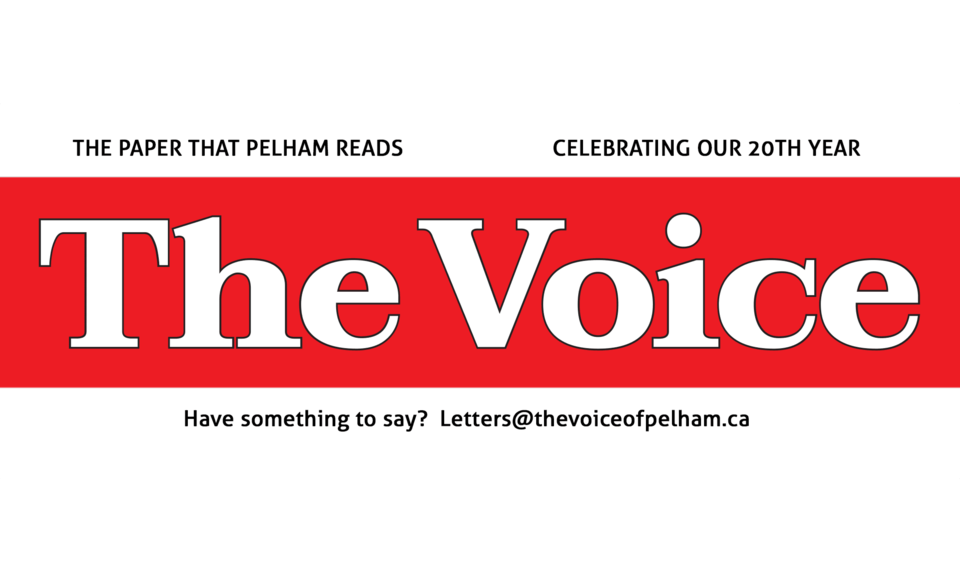Hat firmly on his head for years, a sudden appearance in the ring
By DAVE BURKET The VOICE
Opening the door to his modest suburban home in Fonthill, Ron Kore ushers his visitor into the kitchen and demands to know what kind of tea he’d like before the camera comes out and the pictures are snapped.
The Kore home is solid, stylish without being flashy. Wood and leather, earth-tones. It’s a comfortable, and comforting space, and incredibly tidy.
Mugs of tea poured, photos taken, there’s time to relax for a few minutes before Kore hustles back to the Sobey’s he owns in Fonthill. Kore’s approach at work is a classic example of “management by walking around,” the unscheduled, free-style supervision made famous in an early-‘80s business management book.
He’s on the floor so often that legions of customers have come to consider him a friend. It’s a reciprocal feeling.
“I love it. I love the customers, I love the interaction.”
Kore says that he’s often asked whether he’d consider running for office, given how well-known he is in town. His past response has been to smile and give a dismissive wave, and talk of being too busy.
Today, though, he turns serious and pauses before offering his stock answer—and then offers a different answer.
Yes, he says. He’s planning a run for Pelham Town Council at the next election, in 2018.
“I’m serious about it. I’m really looking at it.”
When asked if he'd thought about a run for Mayor instead, the smile returns.
“Four years on Council, then we’ll see.”
The 60-year-old says that by then he’ll be retired, with more time to devote to the office, should the voters see fit to put him in it.
Asked what the biggest issues are facing the town now, he laments the lack of strategic planning to promote local businesses.
“I honestly think what they need to do is look at a [Business Improvement Area]. If we paid two or three percent more in taxes, as an owner I wouldn’t mind paying that, to help other people.”
“Business is good for business,” he says. “It always has been. I think the problem is they’re not focusing on the downtown. They’re focusing on arenas.”
Kore says he supports the new Community Centre in principle, but not the design.
“I don’t believe in a twin rink. What they should have done is put in a swimming pool or a track, with an option of putting in the extra rink. Who’s going to be using that rink? I’ll tell you who—people from the north end of Welland, people from St Catharines, where it might be a little bit cheaper [in Pelham]."
He muses whether even out-of-town demand will be there.
"When you talk about hockey and head injuries, maybe parents don’t want their kids to play as much now.”
He’s also concerned that some of the new development doesn’t properly reflect the town’s character or its history. He cites the new LCBO on Highway 20 as an example.
“I remember seeing pictures of that building five years ago. That could have been a lot softer. All of a sudden the Town says, oh, we didn’t know. What do you mean you didn’t know? You stamped it and you approved it and you built it. What you should have done was kept a little softer lines, and it didn’t have to be that high. That building is downtown Toronto, where all the buildings look the same. If you go to Niagara-on-the-Lake, the LCBO doesn’t look like that.”
The smile returns, along with a look at his watch. He needs to get back to walking around among his staff and customers.
“The resources in this community aren’t being promoted well enough. I’m not saying it should be what Niagara-on-the-Lake is, but it should be a quaint little town.”



